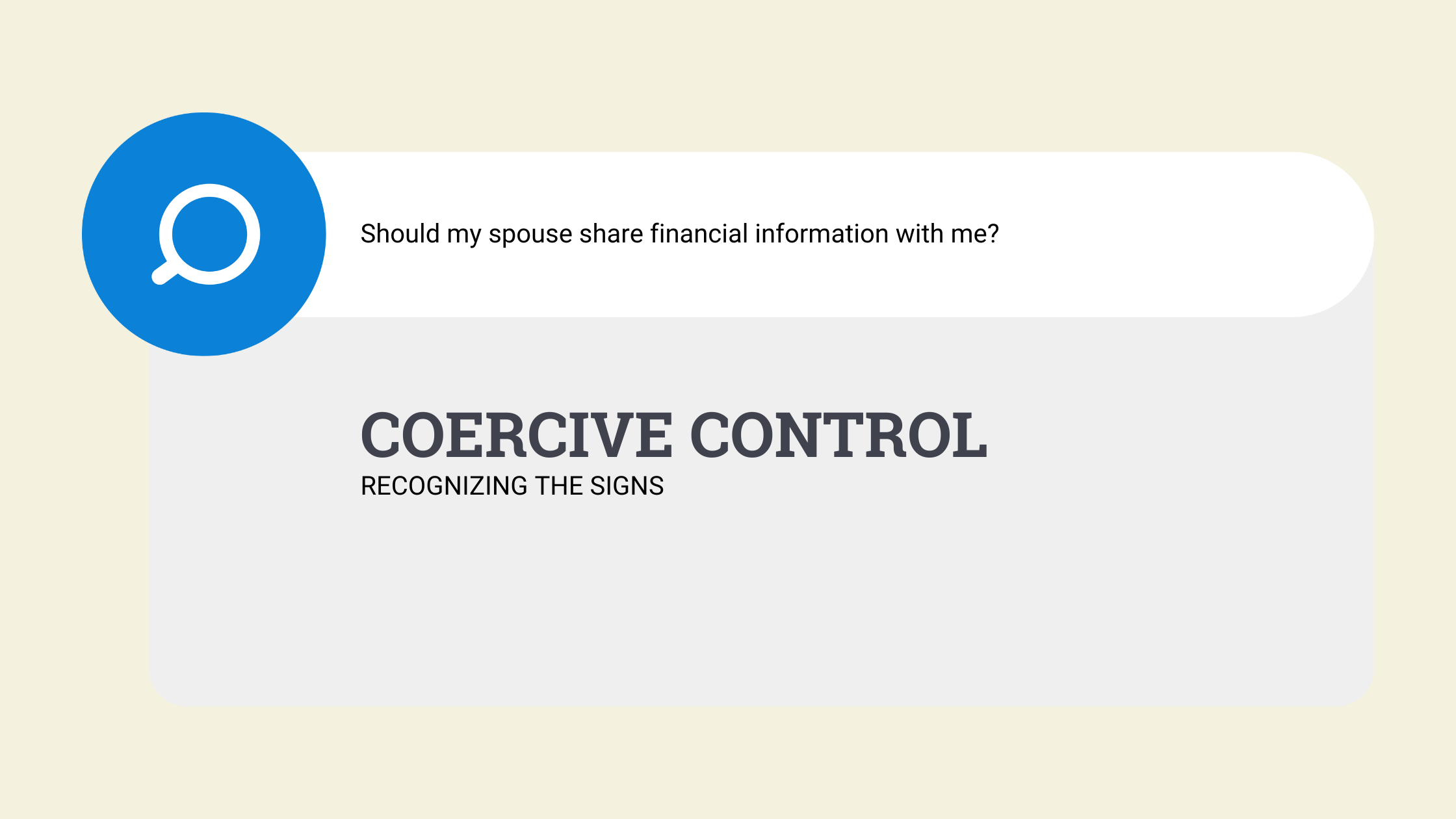Intimate partner violence is a sad reality for many. The National Domestic Violence Hotline reports that as many as one in three women and one in four men will be victims of acts of violence committed by an intimate partner. Acts of physical and sexual violence can wreak havoc on a victim’s well-being, making them feel trapped and alone.
However, a partner need not lay a hand on you to cause mental suffering and distress. Abusers may employ coercive control techniques to get their way and gain an advantage during divorce proceedings. Identifying these efforts for what they are is the first step toward combating them during your divorce.
Defining Coercive Control
Coercive control refers to behaviors that a current or former intimate partner employs to exercise undue power or influence over you. During your marriage, this sort of behavior usually manifests as:
- Controlling who you speak or socialize with
- Limiting your access to family and friends
- Threatening, intimidating, or belittling you and making you feel worthless
- Taking control of your finances
- Monitoring your activities and whereabouts
Individuals who engage in these behaviors will rarely stop during a divorce. They will attempt to exercise dominance during the divorce proceeding by:
- Refusing to compromise or negotiate in good faith
- Being argumentative and combative in court
- Attempting to turn family and friends against you to win them over to “their side”
- Delaying and drawing out your divorce case for as long as possible
- Threatening to seek custody or other orders that disadvantage you unless you agree to their demands
In either context, the goal is the same: power. A person who uses coercive control techniques feels an innate need to have power and dominance over you. To achieve this, they will use whatever methods are available to them to feel more powerful and make you appear weak.
What You Can Do When You See Coercive Control Techniques
Once you recognize that your partner is attempting to control you through this type of behavior, it should be brought to light. Be honest with the court about what behaviors you notice and how they impact you. Be prepared to provide specific examples to the court, and support your report with texts, phone messages, or other proof, if available.
Be very apprehensive about meeting one-on-one with a partner who tries to coercively control you. Be aware that if you are married to a coercive controller, you need a strong advocate. Likely mediation is not the best route and you should choose a skilled attorney to help you.
How an Attorney Can Help Combat Coercive Controllers
Hiring an experienced attorney can help you combat a partner who is trying to control you coercively during your divorce. An experienced New York divorce and family law attorney can act as a buffer between you and your partner and block their access to you. A lawyer can also proactively seek protective orders that secure your rights. Retaining an attorney in this circumstance is a good idea.

